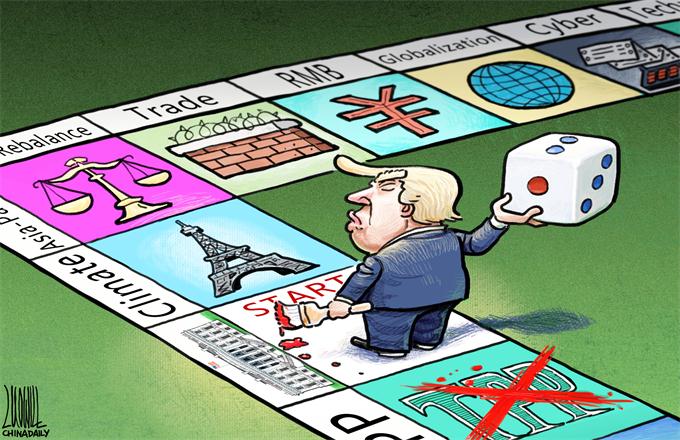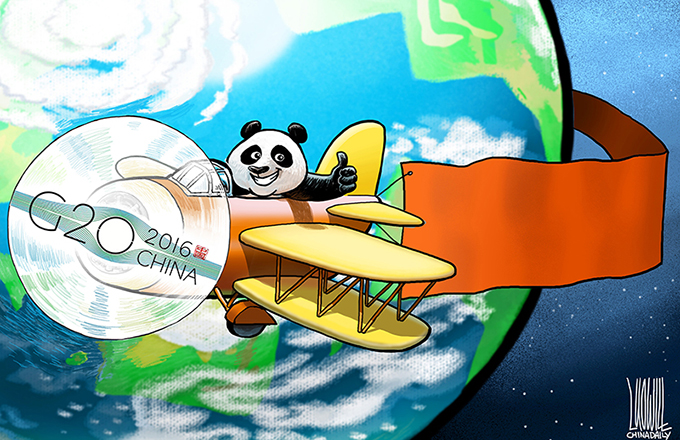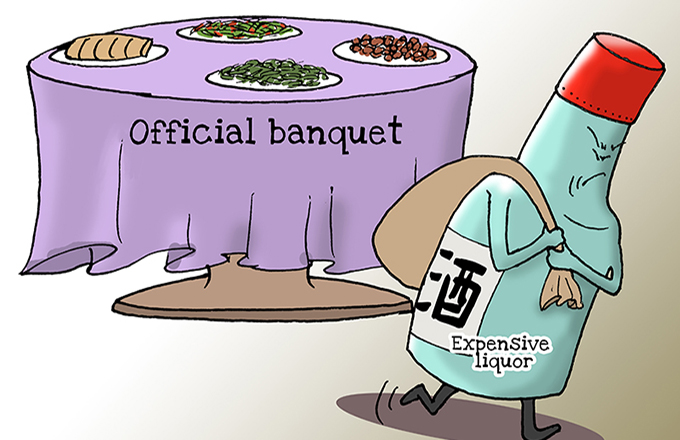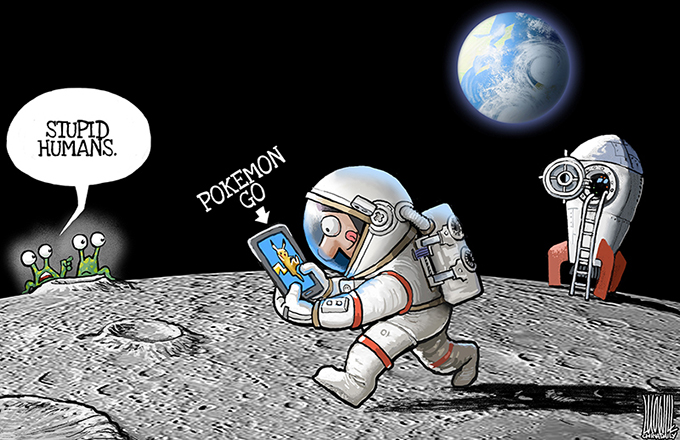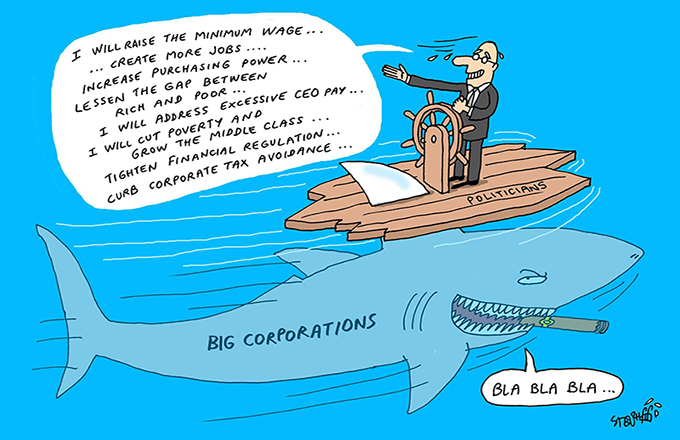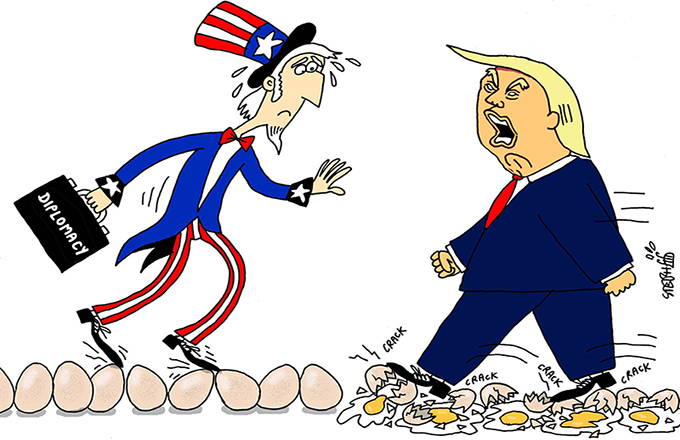One-China principle not for bargaining
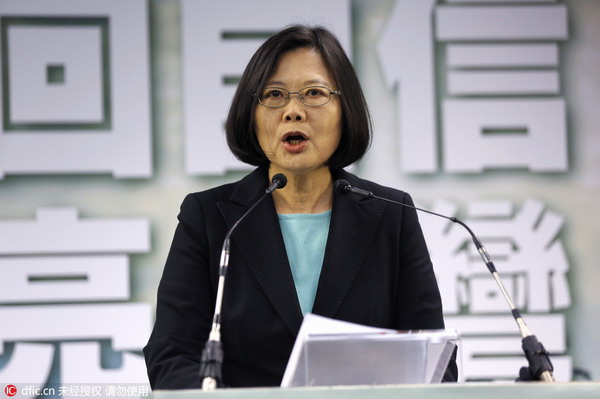 |
|
Taiwan's main opposition Democratic Progressive Party, DPP, Chairperson Tsai Ing-wen speaks during a press conference in Taipei, Taiwan, Wednesday, April 15, 2015. [Photo/IC] |
Provocative as the call from Taiwan leader Tsai Ing-wen was, Beijing has been the model of restraint over United States president-elect Donald Trump's receiving it, showing unusual patience for what it deems pre-presidential acclimatization.
Apparently convinced Trump will be different after assuming office and surround himself with people schooled in the diplomatic arts, Beijing seems to be banking on the business acumen Trump developed as real estate mogul to come to the fore when he takes over from Barack Obama in January.
But Trump's remarks in an interview with Fox News on Sunday, in which he suggested the one China consensus that underpins ties between China and the US is a bargaining chip in his deal making, should be a wakeup call that this might not be the case.
"I don't know why we have to be bound by a one China policy unless we make a deal with China having to do with other things, including trade," he declared.
Here it is-the merchant's pragmatism. He wants Chinese concessions, on trade and elsewhere, for continued US commitment to one China. This is his opening bid.
The problem, though, lies in his thinking Taiwan can be part of any bargaining. That the island is a part of China is both a historical fact and political reality; it is not up to Washington to decide whether it is or not.
Trump and his hawkish advisors may think they have found Beijing's soft spot and can thus extort more compromises by exploiting it. But rather than winning unwarranted concessions through their attempt at blackmail by threatening to remove what has been the bedrock for the stability, by-and-large, of bilateral ties for decades, they will effectively upend the relationship, which as some have warned would likely mean disaster.
Trump's bloated, and bloating, ego may prevent him from seeing that is the likely outcome that lies ahead if he persists with this gamble when he gets handed the baton of executive power. He badly needs cool-headed guidance in diplomatic decision-making. However, evident as it is that this is what he and his country now need the most, judging from the way his Cabinet is being staffed, it is something that is going to be in short supply.
So, much as it may like to chalk off Trump's recent words as regrettable misperception, if not ignorance, of state-to-state relations, Beijing should be prepared for the worst-case scenarios, particularly regarding Taiwan, as a presumptuous and ill-guided Trump looks set to usher in an era of turmoil.




